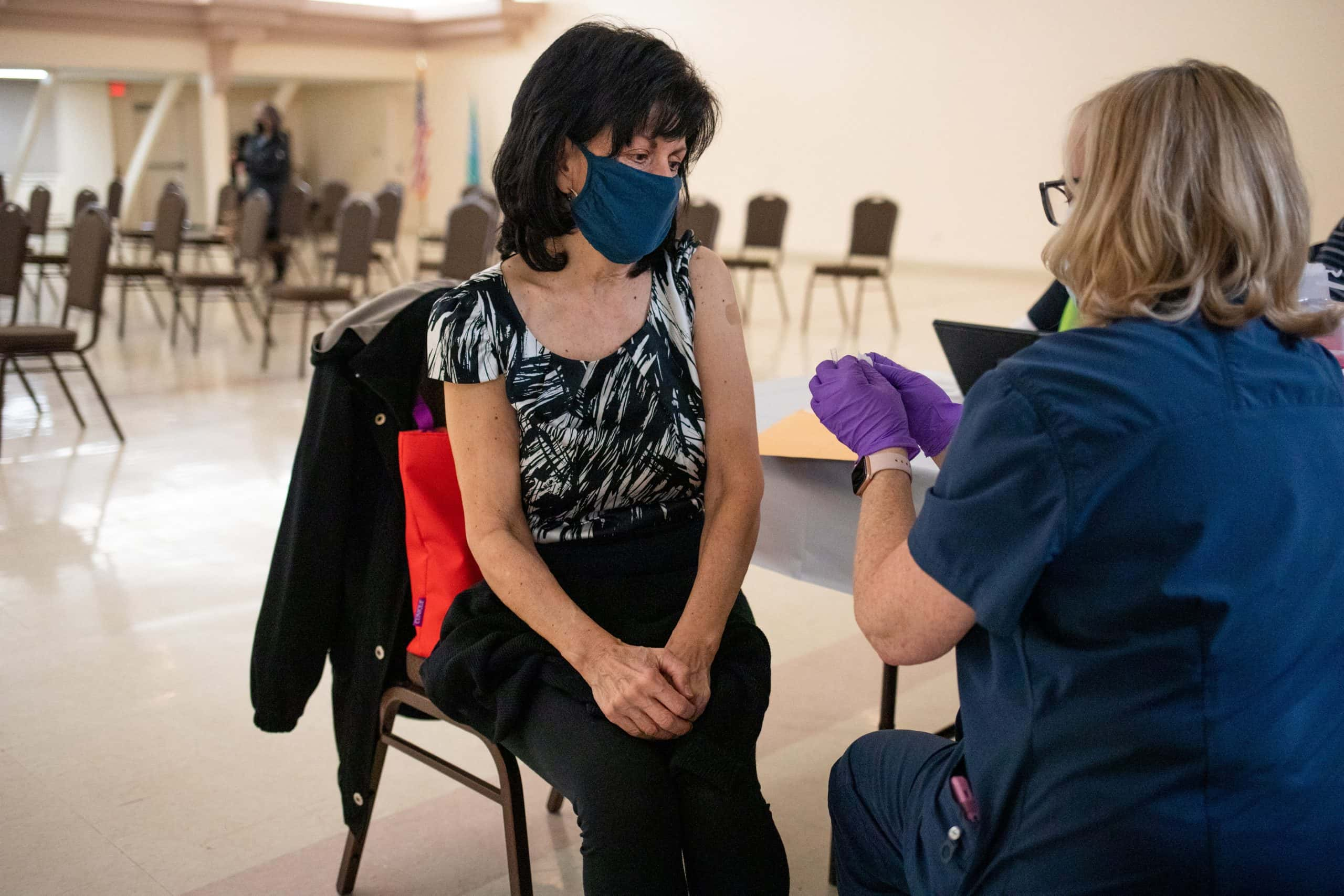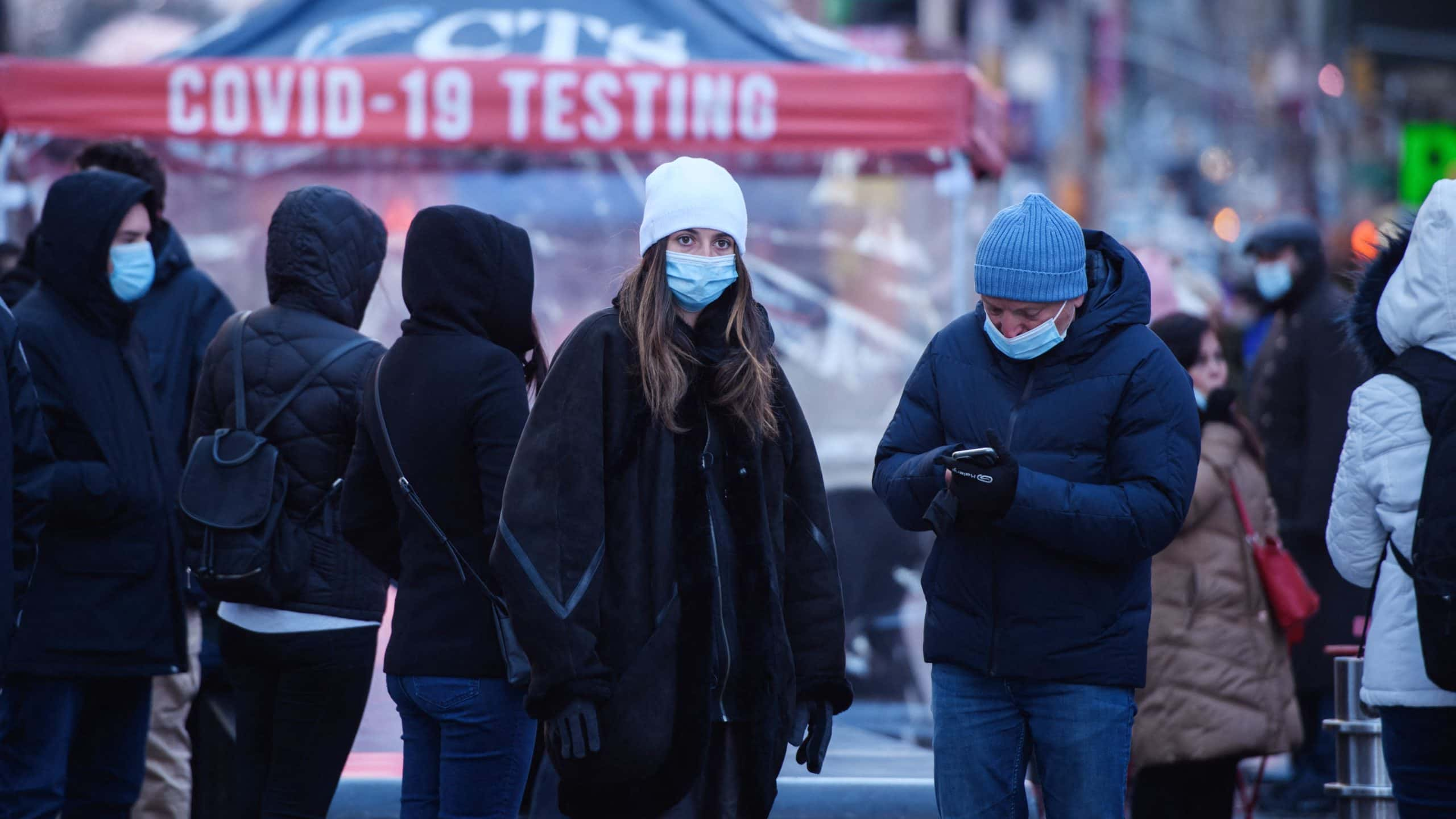A new COVID variant has emerged as the dominant strain in the U.S., but only a small proportion of the population has received the newly available shots that could provide some defense against it.

This new COVID variant, known as HV.1, has supplanted EG.5 as the prevailing strain in the country, as per data released by the Centers for Disease Control and Prevention on Friday
Both new COVID variant HV.1 and COVID variant EG.5 are genetically akin versions of the omicron variant. Presently, HV.1 accounts for approximately 25% of Covid cases, up from a mere 1% at the onset of August. Meanwhile, EG.5 represents nearly 22% of cases, a slight decrease from 24% at the beginning of the month.
Despite being descendants of the XBB variant, the recently updated COVID vaccines by Pfizer and Moderna, introduced last month, target a distinct descendant called XBB.1.5.
Medical experts assert that these new shots should offer cross-protection against the currently predominant strains. While Dr. Scott Roberts, an infectious disease specialist at Yale Medicine, notes that the vaccine isn’t a “perfect match” for the new COVID variant HV.1, he affirms that “it’s still a good match because it’s still within the same family of variant.”
Only around 3.5% of the U.S. population, roughly 12 million individuals, have received the new Covid shots since their availability in mid-September
A CDC spokesperson cautions that this figure is an approximate estimate due to states no longer being obligated to report vaccination statistics. Several factors have hindered this season’s vaccine rollout, including accessibility issues, hesitancy, and the shift from government to commercial market involvement. Despite logistical challenges, experts believe HV.1’s dominance isn’t a cause for major concern, though they stress the importance of high-risk groups, especially older adults and immunocompromised individuals, receiving the updated shots.
As COVID continues to evolve, scientists expect further variants, but for now, they remain focused on ensuring vulnerable populations receive the necessary boosters to alleviate strain on the healthcare system.




